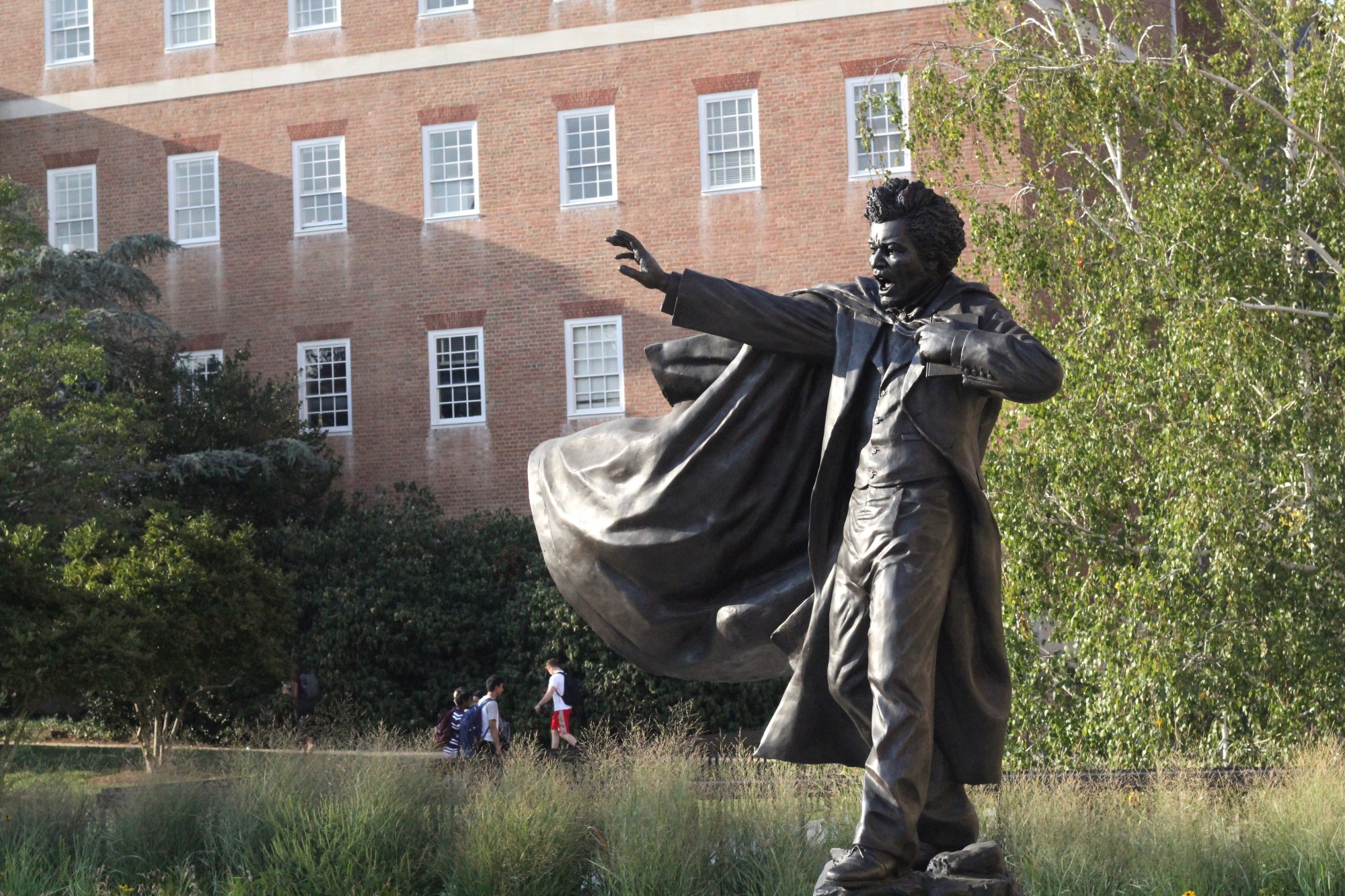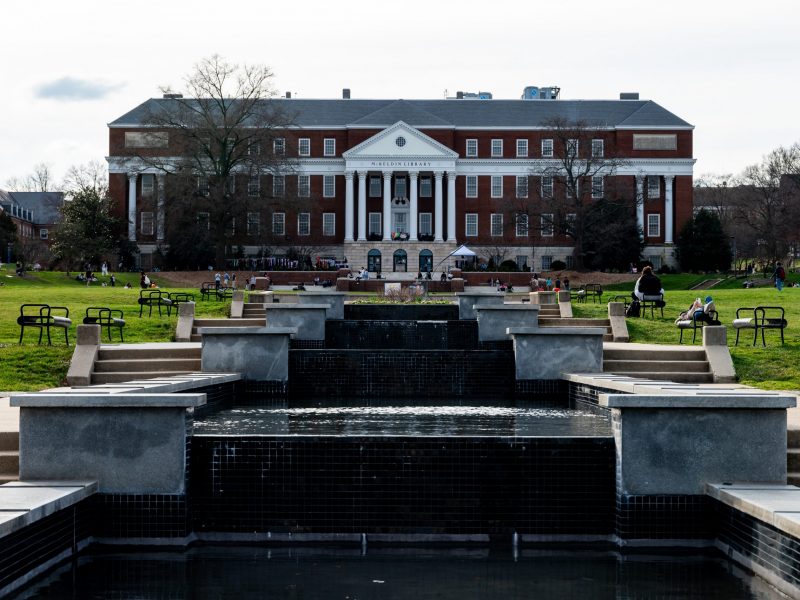Georgetown University pledged last week to apologize for its involvement in trading slaves and went one step further than other colleges: It will give preferred admission to descendants of Maryland Jesuits’ slaves, a motion The Washington Post called “one of the most aggressive responses to date” in dealing with slavery.
The United States Congress and state of Maryland, among others also have issued similar apologies in the past. While the University of Maryland has not adopted a similar policy to Georgetown’s, it has its own complicated history with slavery, part of which came to light in the late 2000s.
In 2007, black faculty members urged then-university President Dan Mote to apologize for this university’s historic relationship with slave labor, The Post reported in 2009.
Instead of issuing an apology, Mote commissioned a student group to research that history and publish a report, according to The Post. In 2009, that report — called “Knowing Our History” — was published. An upper-level history class led by history professor Ira Berlin wrote the 48-page report, which tracked the historical roots of slavery at this university. An archived copy of the report is available here.
The research found that 16 of the original 24 trustees had slaves, and that slaves did play a role in building this university when it was known as the Maryland Agricultural College.
“Some of the first faculty members held slaves, and many of the students came from slaveholding families,” the report said. “It could be no other way in Maryland, as slavery touched every aspect of life. Slaveholders, who controlled much of the state’s wealth, transformed that wealth into political power, which, in turn, allowed them to shape the state’s culture.”
However, the research did not find a smoking gun that showed direct evidence of slaves being used to physically build the campus.
“In the process, however, [students] learned something far more important: that the past can also be reconstructed from a deep knowledge of the context of events and a full appreciation of the circumstances of the lives of men and women,” Berlin wrote in the report’s introduction.
The publication of the report spurred a dialogue on the campus in October 2009, where Mote expressed regret for this university’s involvement with slavery but again did not apologize.
“As inheritors of a society in which slavery was practiced widely, we all share in the benefits and tragedies of that era,” Mote told The Diamondback at the time. “The University of Maryland is like many institutions founded in the era in which slavery was practiced in the United States. Because of this legacy, the university shares in the profound regret for the suffering and injustices.”
While the report never found direct evidence that the class sought, it did show that this university was indeed involved in the system of slavery.
“Slavery was the elephant in the room, which everyone recognized but no one could acknowledge,” Berlin wrote in the report. “But, as the students came to understand, the silence could not deny the undeniable … slavery’s omnipresence — as a source of wealth, status and labor — made it clear that slaves were no silent partner in the establishment of the Maryland Agricultural College.”



